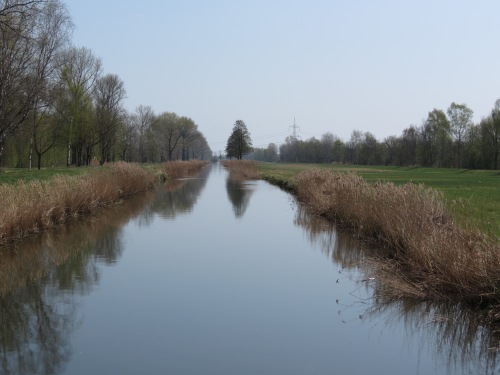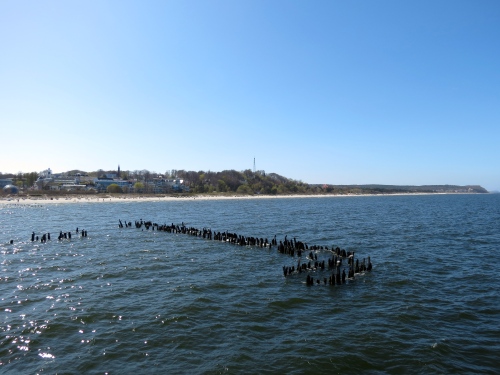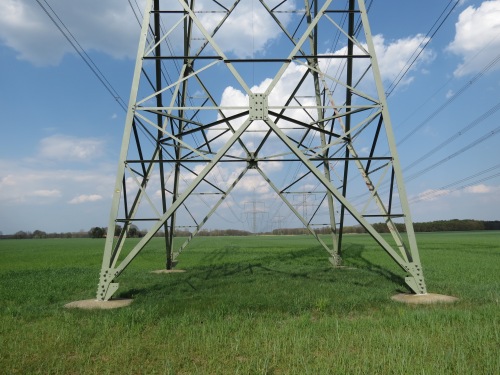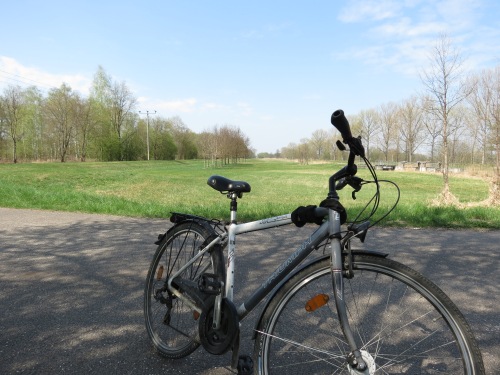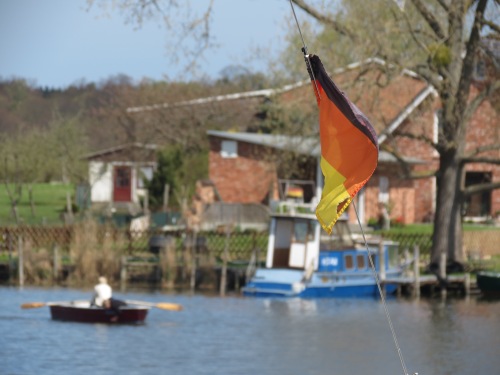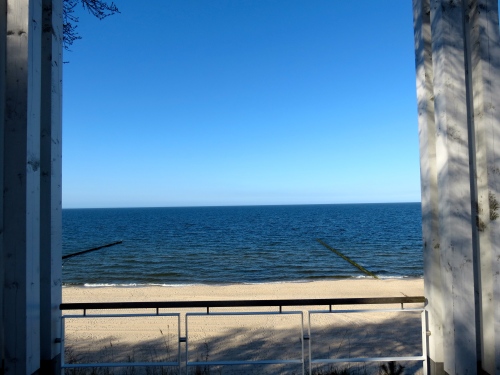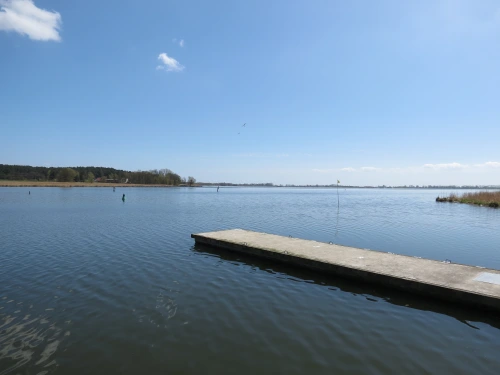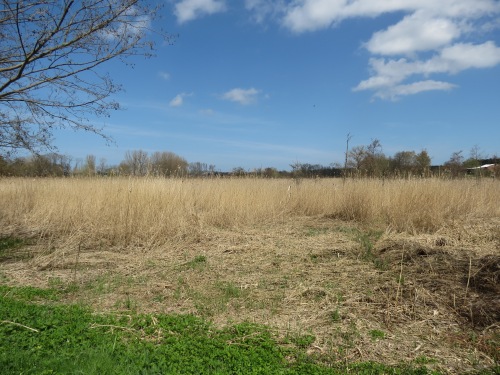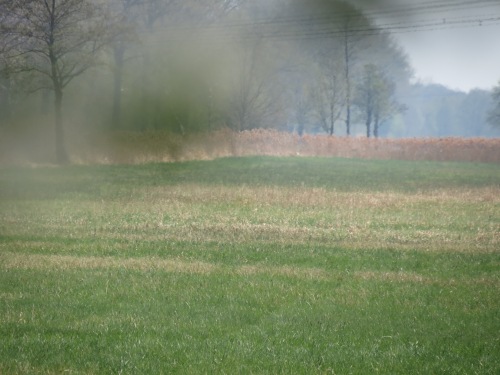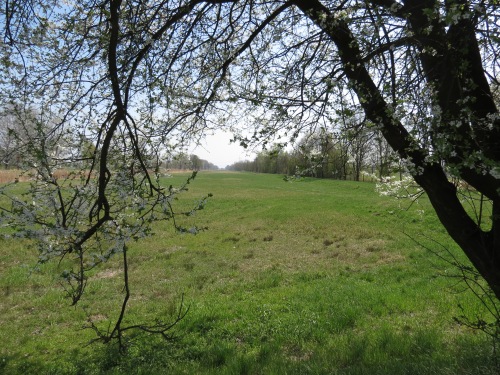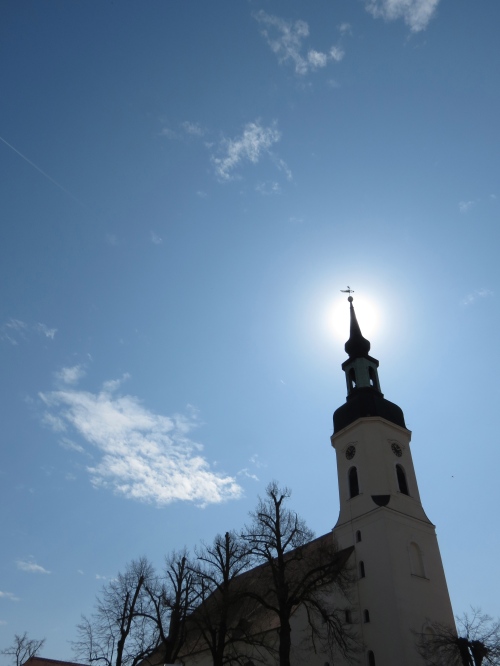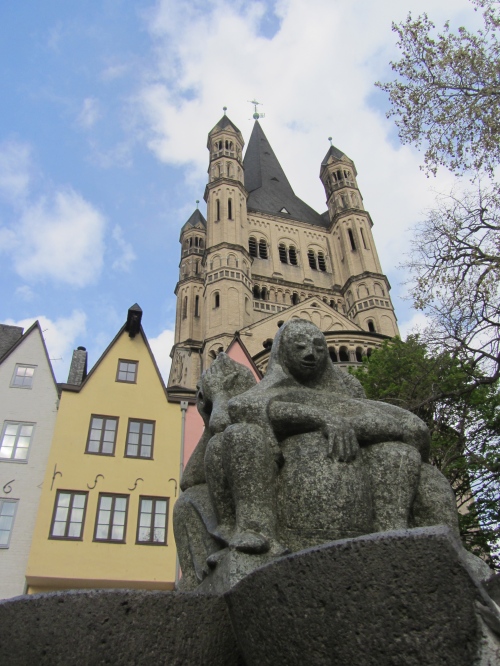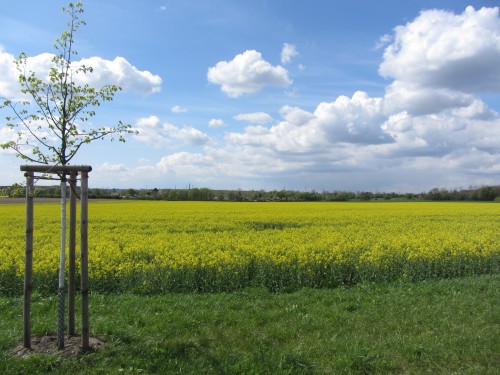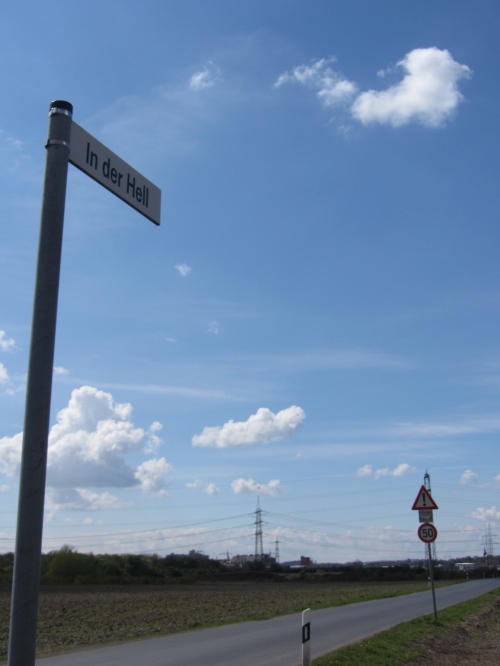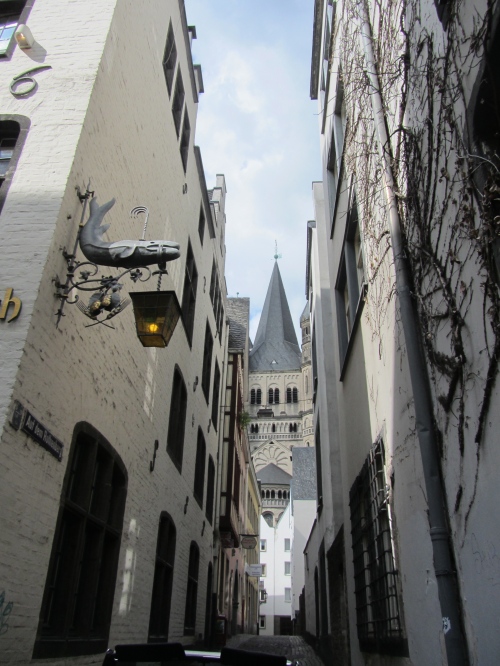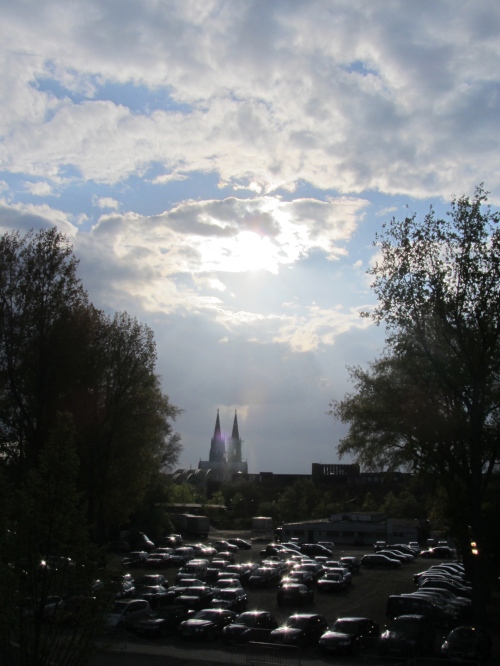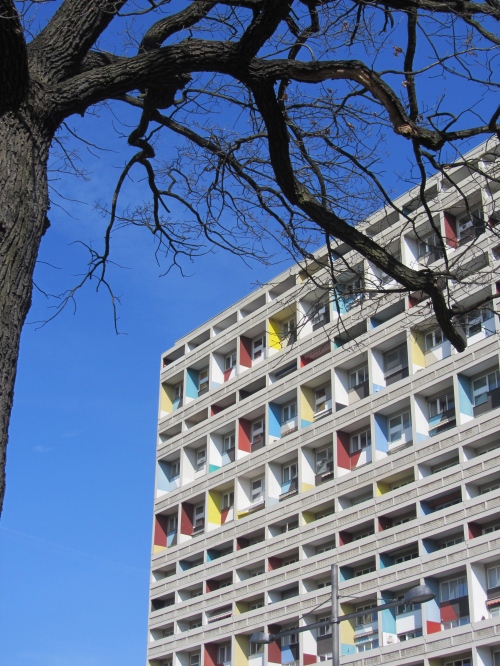This week I’m reading Michael Porter’s The Competitive Advantage of Nations. It’s an investigation of why countries are good at certain businesses but crappy at others. Why is Switzerland good at making chocolates, South Korea good at making TVs and the United States good at making laptops in China?
There’s a whole chapter on Germany. We’re gonna need a bigger highlighter.
In Germany, the engineering and technical background of many senior executives produces a strong inclination toward methodical product and process improvement. […] These characteristics lead to the greatest success in industries with high technical or engineering content (for example, optics, chemicals, complicated machinery), especially where intricate and complex products demand precision manufacturing, a careful development process, after-sale service, and hence a highly disciplined management structure.
Porter says Germany is a rock star at high-grade manufacturing (think BMW, Bayer and Merck) because as far back as the 1890s, German labor was expensive, so companies had to train workers and automate production to get the most productivity for their money. Germany still has years-long apprenticeship programs, and factory floors are apparently more likely to resemble a Bjork video than a Dickens novel.
Another reason for Germany’s tech-nerd prowess is its lack of natural resources. Without an infinite spigot of oil, minerals or farmland, German companies got good at wringing every last mark out of their imports. When the rest of the world began to demand conservation and efficiency, German companies were there to meet it.
So Germany is a world leader in high-level exports not because it had natural advantages but precisely because it didn’t:
Disadvantages, […] such as high labor costs or resource disadvantages, have created further beneficial pressure. […] A good example is in the agricultural field, where farmland is scarce and labor expensive. The result is a pressing need for high productivity, and Germany had the greatest number of combines per harvestable hectare in the European Community in 1983. German agriculture also placed a very early emphasis on fertilizers as far back as the nineteenth century.
So where does Germany suck?
[…] An area where Germany has serious weaknesses […] is in the consumer sector. The historical lack of television and radio advertising (the major television channels can show advertising only about 20 minutes per day, with commercials all bunched together, and not on Sunday), coupled with the technical orientation of most German managers, means that image marketing skills are poorly developed.
[…] It is rare that a German firm succeeds in an industry in which intangible brand images and mass communication are important to competitive success. This is in stark contract to the case in America, Italy, or even Japan.
Porter’s book was published in 1992, so the specifics are out of date, but the general point still stands. Germans are visibly less image-oriented than their Italian, French, Scandinavian or British counterparts.
My personal theory on this is that the total eradication of social structures after World War II basically took the class system with it. The primary reason people are interested in fancy clothes, reflective shoes and asymmetrical haircuts is to demonstrate their class status, and in Germany that concept doesn’t really exist anymore. In France and Britain all of your consumption, from your clothes to your groceries, is class-coded. In Germany everyone pushes a cart around the dollar store in their sweatpants on a Saturday afternoon regardless of their income.
I think this still holds true too:
German buyers, both in households and in industry, are sophisticated and extremely demanding. Quality is insisted upon, and no one is bashful about complaining if it is not delivered. Buyers in the United States are often early buyers of new products or services but are not particularly demanding by international standards. German buyers may be somewhat later, but are among the toughest in the world.
‘Early adopters’ in present-day Germany are the people with two-way pagers.
Porter blithely notes that Germany’s dominance in high-end printing presses as far back as 1900 was partly due to the tendency of German consumers to complain to newspapers if they got ink on their hands. American readers didn’t put pressure on the periodicals, who never put pressure on the printers.
So in conclusion, according to Porter, if other countries want to emulate Germany’s success, all they have to do is torch their farmland, dismantle their oil pumps, overpay their workers and start complaining. Maybe Europe has a future after all.
